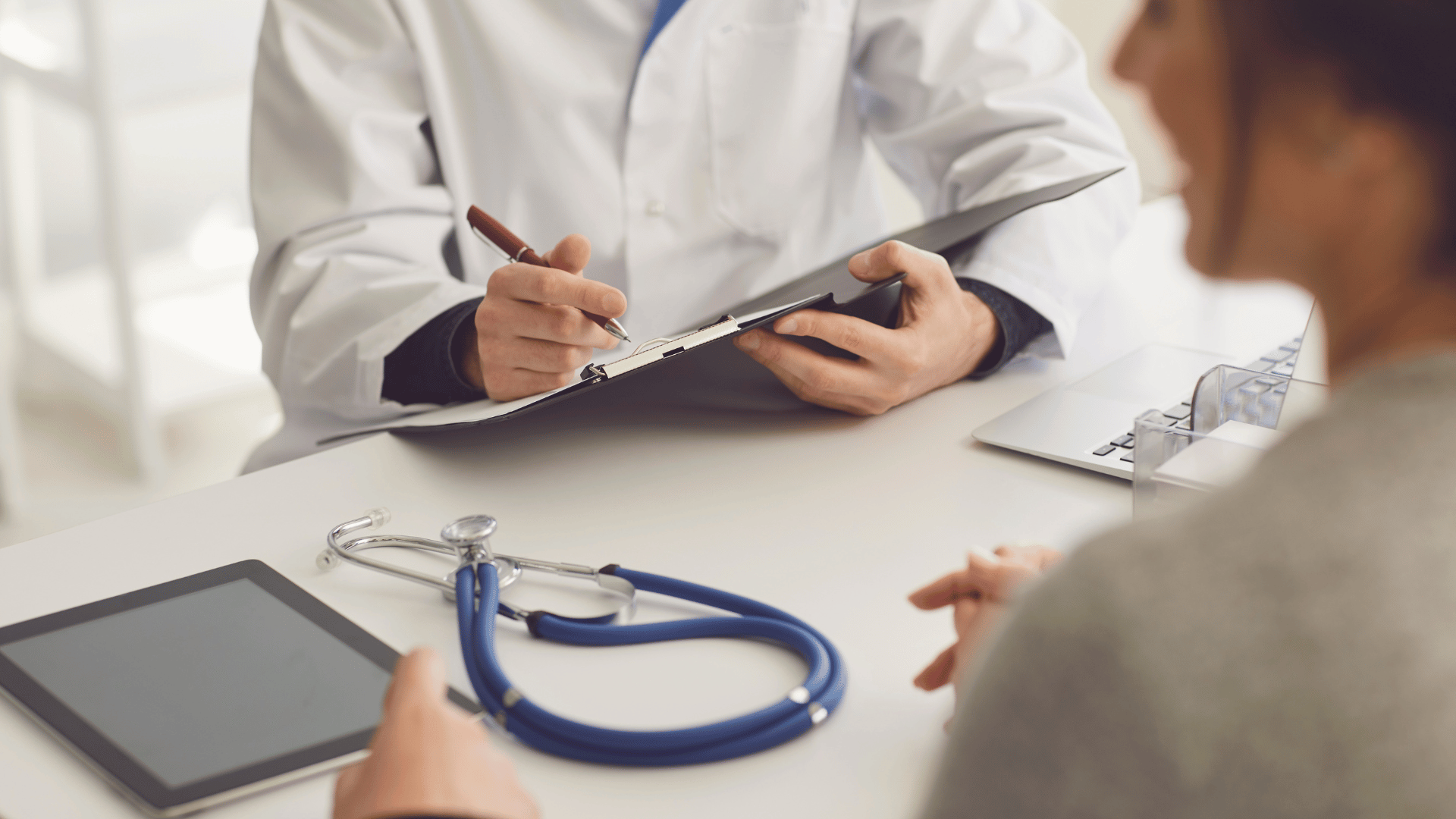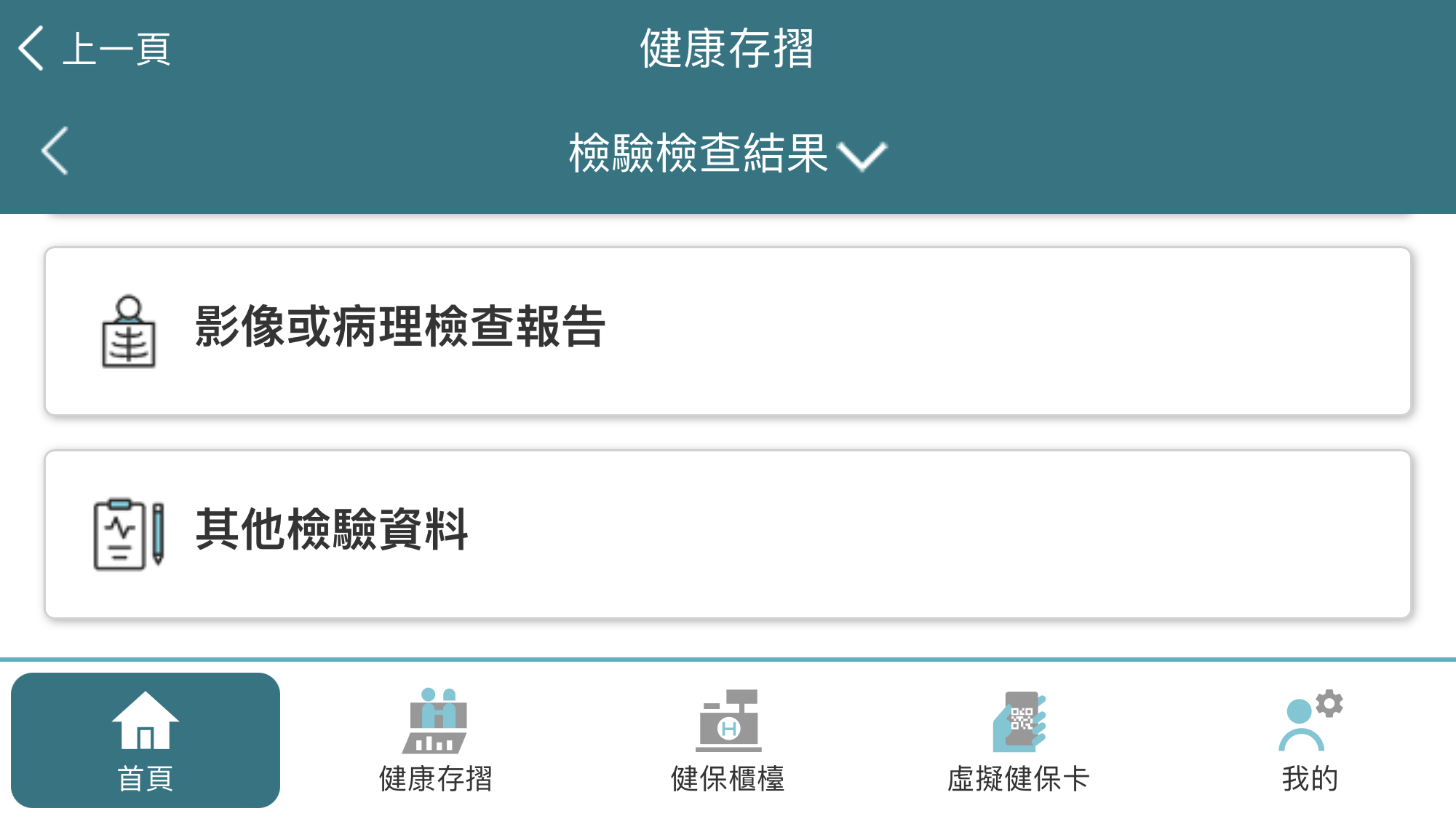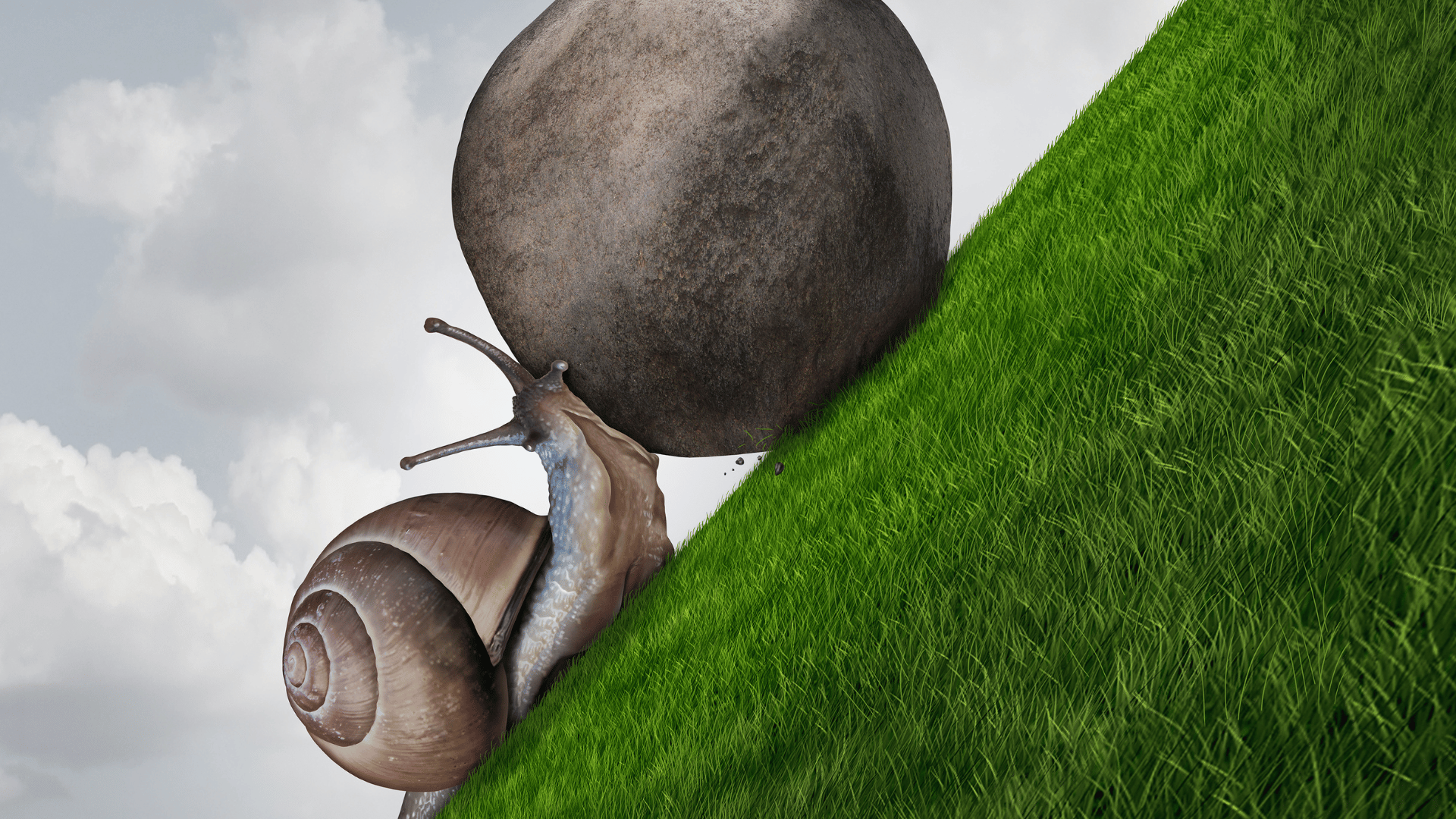about
Care
Dietary habits and lifestyle practices
Dietary habits and lifestyle habits are actually very important. When to eat, drink water, and how much, are all related to health. Additionally, the information in medical reports can help us understand our physical condition early, discuss with doctors sooner, and take immediate action.
Attention to Examination Indices
Adenocarcinoma of the lung patients need to pay attention to these three tumor markers simultaneously as they are all indicative: CEA / CA125 / CA19-9.
National Taiwan University Hospital reference values for laboratory tests.
https://health.ntuh.gov.tw/health/hrc_v3/DataFiles/kensa.htm
National Health Insurance (NHI) Mobile QuickPass
Health Passbook
I also pay special attention to kidney-related indices like Bun (blood urea nitrogen), creatinine, and eGFR (glomerular filtration rate) to confirm if my kidneys are affected by targeted therapy. I remember when I was taking the targeted drug Rosk, not only did my creatinine level rise to 1.2, but the glomerular filtration rate dropped to the 50s for several consecutive months. Even with excessive water intake and vigorous aerobic exercise, the values didn’t improve much until I stopped the medication. After discontinuation, not only did my creatinine level decrease to 0.7, but the glomerular filtration rate also rose to over 90. Keeping a constant eye on my test indices allows for more in-depth discussions with my physician.
Drink water in small amounts throughout the day
Before undergoing surgery, a nurse reviewed my blood test results and softly reminded me to drink more water. She mentioned that my creatinine level had elevated to 1.2. When I got home, I checked online and realized the severity of the situation. I used to think that drinking a large amount of water was the solution, likening it to how rain affects a city. However, I later discovered that excessive rainfall can overwhelm a city’s drainage system. Similarly, drinking too much water at once can burden the body. Therefore, it’s advisable to drink water in small amounts throughout the day, preventing the body from becoming overloaded.
Separation of Food and Water (Yin-Yang Dietary Method)
However, many people enjoy drinking soup while eating, which can lead to hastily swallowing food without sufficient chewing, causing a burden on the digestive system. If you wish to consume liquids, wait for 1-2 hours after a meal.
Since childhood, my mother always served soup with meals, instilling in me the habit of having soup with food. When I experienced severe gastroesophageal reflux before being diagnosed with cancer, I tried the method of separating food and water. I also quit consuming milk (acidic foods can stimulate gastric acid secretion), reduced coffee and tea intake, avoided stimulating and hard-to-digest foods, starch, and sweet foods such as white rice and sweet potatoes. During episodes of gastroesophageal reflux, I would eat some soda crackers (alkaline to neutralize acidity), but it’s crucial not to overconsume due to their high calorie content.
Slow Down, Start from Every Moment
Before being diagnosed with cancer, I was an impatient person, speaking rapidly and approaching tasks with a determined, forceful energy. While the causes of cancer are diverse, personality traits may contribute.
This principle applies to sleep as well. Don’t expect to fall asleep immediately upon lying down. Instead, at least an hour before bedtime, gradually slow down the pace, avoiding vigorous exercise.
Consistency
After being diagnosed with cancer, most people actively research ways to maintain health. Initially, they may be enthusiastic, adopting habits like light diet, exercise, early bedtime, and early rising. However, many often give up halfway and end up relying solely on medication, unwilling to put in the effort, thereby wasting many good methods.






